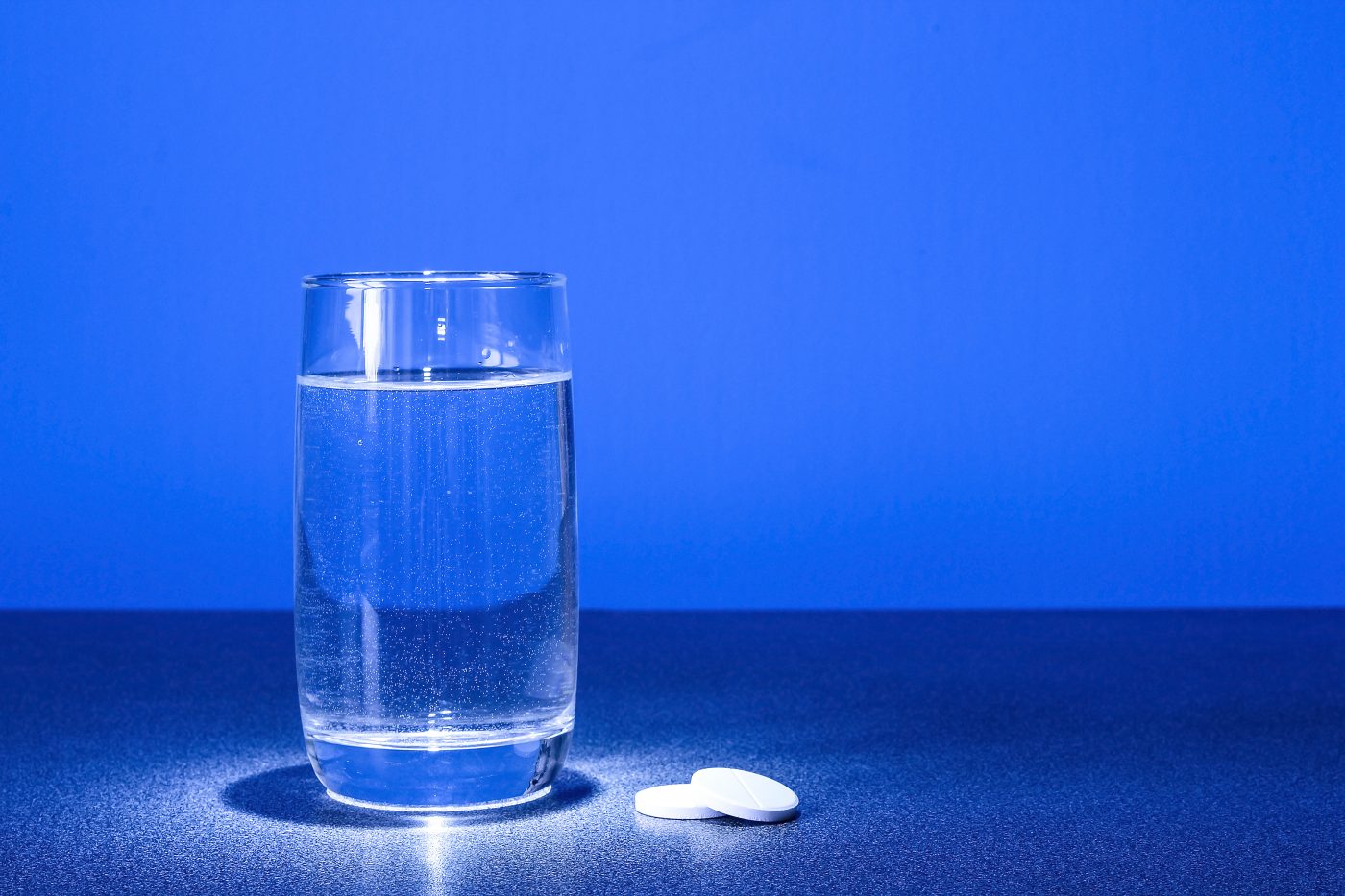Dr Steve Allder, consultant neurologist at Re:Cognition Health, was recently featured in Stylist magazine, in an article about the “hangover effect”. The feature explored why some people love being hungover and why it’s common for people with ADHD. Below Dr Allder explains the science behind the hangover effect and provides alternative tips and advice in recreating the effect without alcohol.
Many people have experienced the so-called “hangover effect,” a state of mental clarity or calmness that sometimes follows alcohol consumption. While this phenomenon might seem counterintuitive, it is largely due to the neurochemical aftermath of alcohol metabolism. Interestingly, for individuals with neurodiverse conditions such as OCD (Obsessive-Compulsive Disorder) or ADHD (Attention-Deficit Hyperactivity Disorder), this effect can sometimes feel even more pronounced.
The Science Behind the Hangover Effect
Alcohol consumption impacts the brain in complex ways, both during intoxication and as it is metabolised. These effects stem from alcohol’s ability to alter neurotransmitter activity and brain chemistry, resulting in sensations of calm, focus or clarity that are sometimes felt after the initial intoxication has worn off. The key mechanisms at play include:
- Dopamine Regulation: Alcohol stimulates the brain’s reward system, causing a temporary spike in dopamine levels, which promotes feelings of pleasure and relaxation. As dopamine levels drop during the hangover phase, some individuals may enter an altered state of focus or introspection as their brain attempts to restore equilibrium.
- GABA and Glutamate Imbalance: Alcohol enhances the effects of GABA (gamma-aminobutyric acid), a neurotransmitter responsible for relaxation, while simultaneously suppressing glutamate, which is linked to excitability and cognition. As these levels rebalance post-drinking, the brain may experience a fleeting sense of calmness or focus.
- Dehydration and Blood Sugar Fluctuations: Hangovers often involve mild dehydration and changes in blood sugar levels, which can affect brain function. These physiological shifts may, paradoxically, help some individuals feel more focused as their brain adapts to these deficits.
Why People with OCD or ADHD May Notice a Stronger “Hangover Effect”
For individuals with OCD or ADHD, the hangover effect can feel particularly beneficial. This is due to how alcohol’s influence on neurotransmitters intersects with the neurological profiles of these conditions:
- OCD (Obsessive-Compulsive Disorder): People with OCD often struggle with overactive neural circuits related to intrusive thoughts and compulsive behaviours. Alcohol’s temporary boost in GABA levels and suppression of excitatory neurotransmitters can quiet these circuits. The aftermath of alcohol consumption, when the brain is attempting to rebalance itself, might feel like a break from the constant mental noise and rigidity characteristic of OCD.
- ADHD (Attention Deficit Hyperactivity Disorder): ADHD is associated with disregulation of dopamine and norepinephrine, which affects attention, impulse control and executive functioning. The post-alcohol dip in dopamine and the slower pace of neural activity during the hangover phase may create a unique window where individuals feel less overstimulated and more able to focus. Additionally, alcohol-induced alterations in glutamate levels may briefly reduce the hyperactivity often experienced by those with ADHD.
This perceived improvement, however, is temporary and comes at significant physical and emotional costs, which makes it an unreliable and unhealthy method for managing symptoms.
The Risks of Using Alcohol to Achieve Mental Clarity
While the hangover effect might feel like a reprieve, especially for those with OCD or ADHD, relying on alcohol to manage symptoms or achieve mental clarity is not safe or sustainable. Here are some of the key risks:
- Addiction and Dependency: Using alcohol to self-medicate can quickly lead to dependence, particularly for those seeking relief from mental health challenges.
- Long-Term Neurological Damage: Chronic alcohol use alters brain structure and function, potentially worsening cognitive symptoms over time.
- Physical Health Consequences: Regular alcohol consumption increases the risk of liver disease, cardiovascular problems, and other health issues.
- Psychological Deterioration: Alcohol disrupts sleep, mood regulation and mental resilience, which can exacerbate underlying conditions like OCD and ADHD in the long run.
Healthier Alternatives to Achieve Calm and Focus
Instead of relying on alcohol, individuals with OCD, ADHD or other neurodiverse conditions can explore evidence-based strategies to achieve mental clarity and emotional balance. These approaches support long-term health and wellbeing:
- Mindfulness and Meditation: Practices such as mindfulness meditation, yoga or grounding exercises can help regulate the nervous system, reduce intrusive thoughts, and improve focus over time.
- Regular Exercise: Aerobic exercise increases dopamine levels naturally and reduces anxiety, helping with symptom management for both OCD and ADHD.
- Cognitive Behavioural Therapy (CBT): CBT provides tools to challenge intrusive thoughts (OCD) and improve executive functioning (ADHD), offering lasting benefits without the risks associated with alcohol.
- Nutrition for Brain Health: A balanced diet rich in omega-3 fatty acids, magnesium and B vitamins supports neurotransmitter health, improving emotional regulation and cognitive function.
- Sleep Hygiene: Maintaining a regular sleep schedule optimises brain function and supports the regulation of dopamine and other critical neurotransmitters.
- Breathing Techniques: Techniques such as box breathing or diaphragmatic breathing can activate the parasympathetic nervous system, promoting calmness and focus in moments of overwhelm.
- Professional Support: Seeking guidance from medical professionals ensures access to tailored interventions, such as ADHD medication, exposure-response prevention therapy (ERP) for OCD, or personalised coping strategies.
While the “hangover effect” may temporarily offer a sense of calm or focus, particularly for individuals with OCD or ADHD, it is not a sustainable or healthy solution. The risks associated with alcohol use far outweigh the fleeting benefits. By adopting healthier, evidence-based strategies, neurodiverse individuals can achieve long-term improvements in focus, clarity, and emotional balance; all without compromising their health and wellbeing.
If you or someone you know is struggling with mental health challenges or the effects of alcohol use, reaching out to a healthcare professional is the best step toward sustainable recovery and support.
To read the full article in Stylist, visit: https://www.stylist.co.uk/fitness-health/wellbeing/why-people-enjoy-hangovers/956432
 Visit our USA website
Visit our USA website





